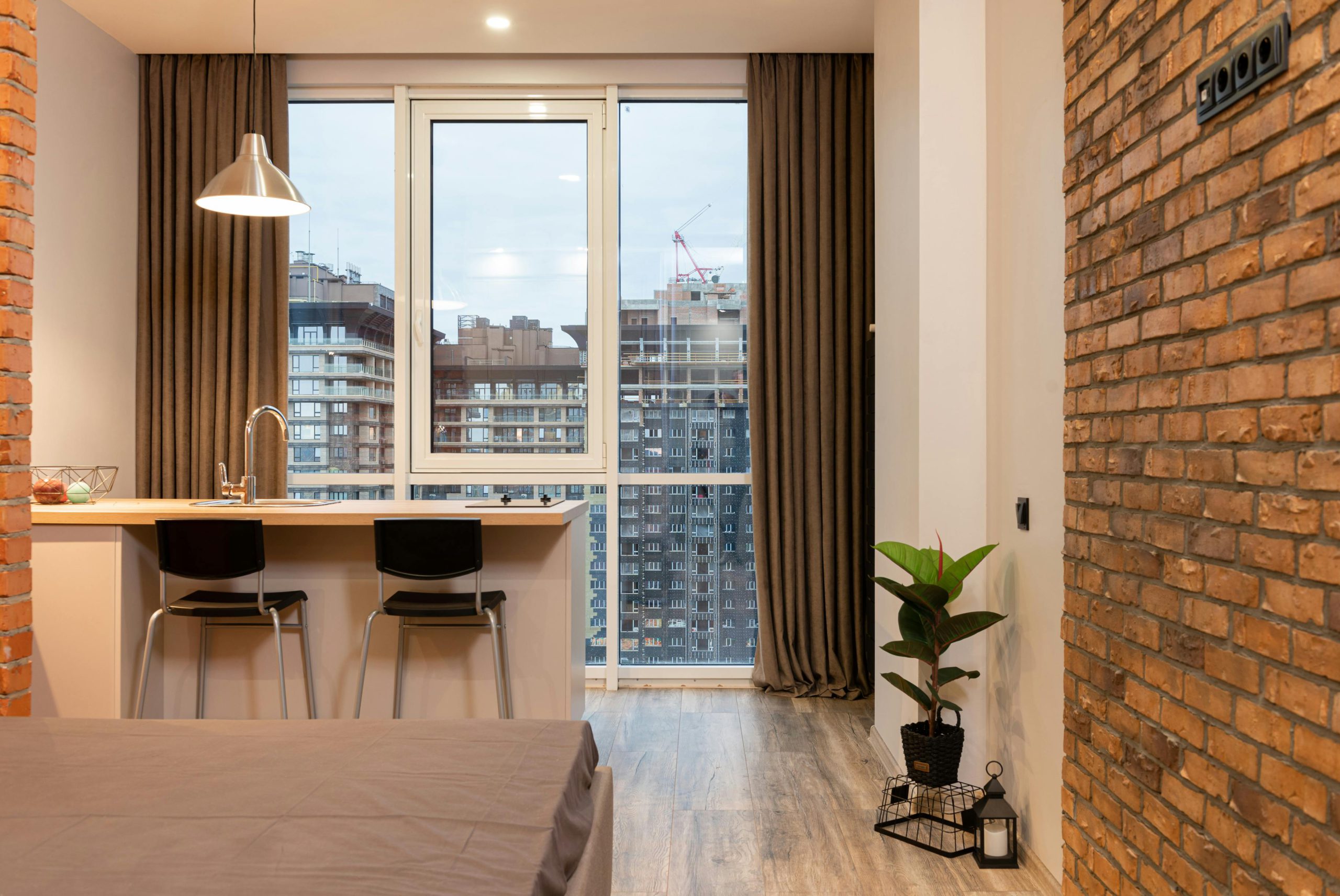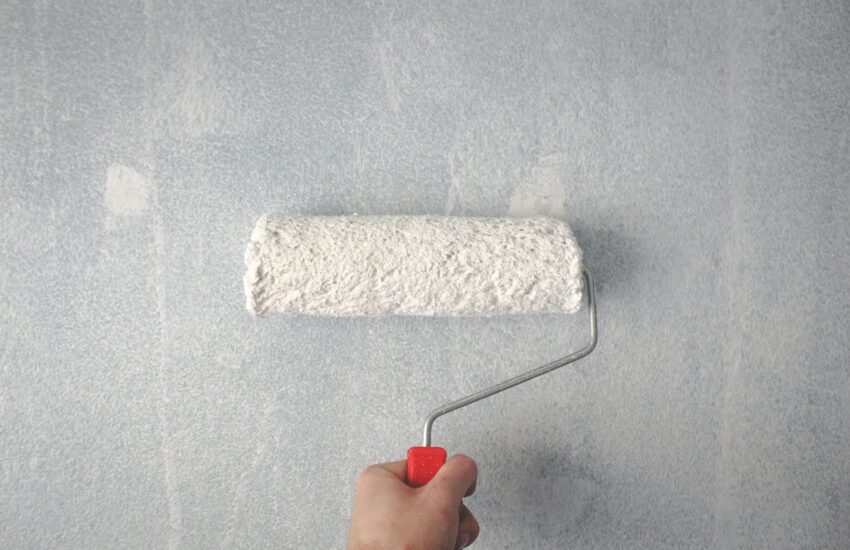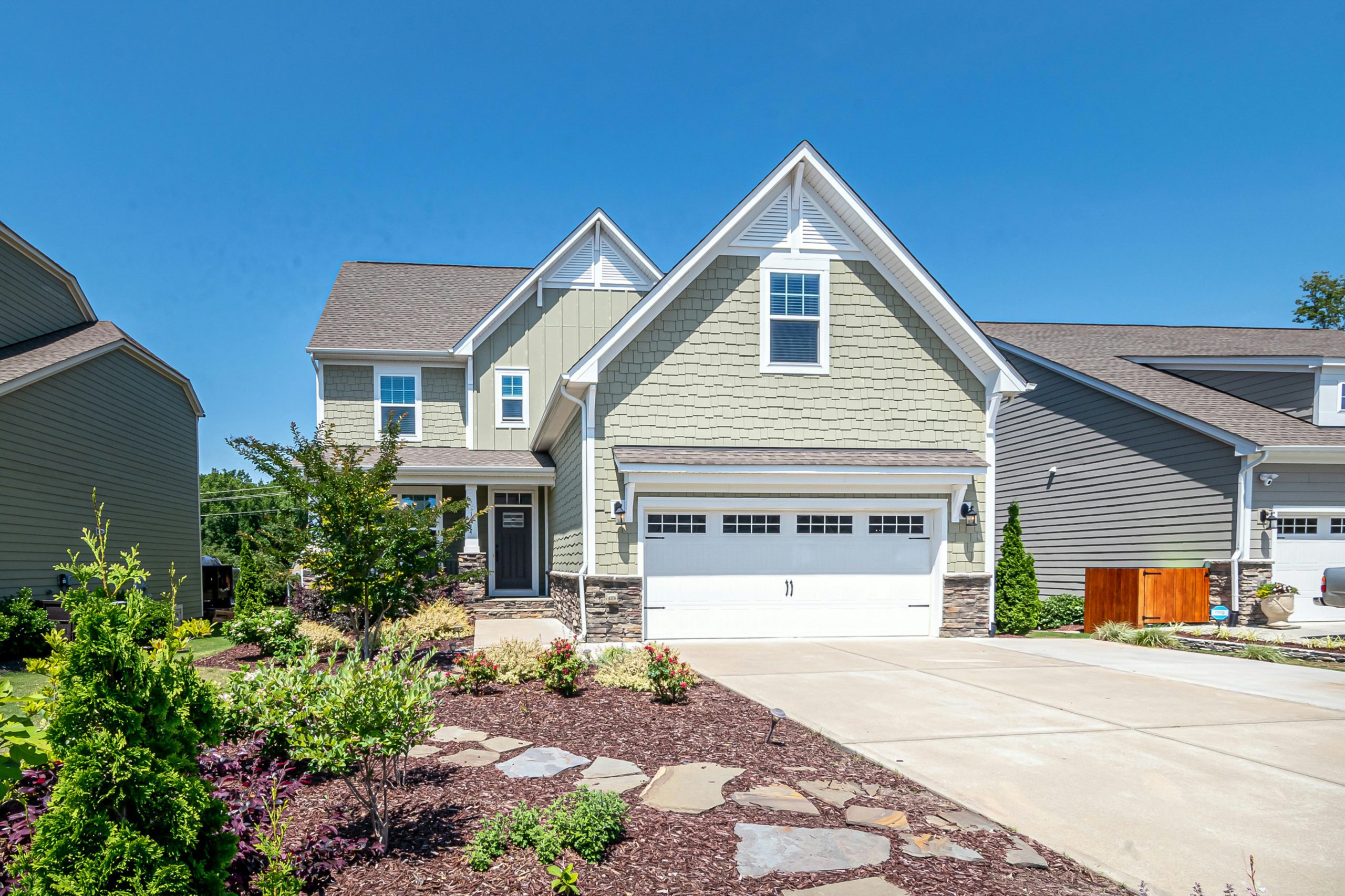When Should I Upgrade My Home Electrical Panel?
The electrical panel installed in your home helps distribute power by managing voltage levels. It protects against overloading, minimizes electrical fire hazards, and enables efficient management of appliances and devices. Here are some situations where you should partner with an electrician to upgrade your home’s electrical panel:
Plans for Home Renovations
If you are thinking about remodeling or expanding your house, make sure your electrical box is compatible with your plans. Renovations to homes can include changing lighting, installing new appliances, or increasing the square footage, all of which put a larger load on your electrical system. Before starting any major renovation, have an electrician assess your panel’s capacity. They can determine if your current setup is capable of managing the increased load.
Planning a service panel upgrade in advance can prevent delays and make sure your new space has the power it needs. Remodeling may also reveal other electrical issues, including old wiring or circuits that may not comply with current code requirements. Refurbishing the panel during renovations helps you ascertain that the whole electrical system can handle new electrical loads. It also presents a chance to adopt modern technology and safety measures into your home’s electrical system.
Frequent Circuit Breaker Trips
If your fuses blow often or circuit breakers trip frequently, this can indicate that your electrical panel is unable to manage the load. Circuit breakers switch off your home electricity supply if they get a signal that the supply is rising greater than the circuit’s capacity. While occasional trips are routine, persistent problems can signal underlying electrical issues.
You might experience frequent circuit breaker trips if your panel is overloaded. Newer appliances often draw more power than older ones, which can strain an outdated electrical panel in older homes. If your panel is old or not designed to handle the increased load, it may struggle to keep up. This causes the circuit breaker to trip repeatedly.
Limited Electrical Outlets
An insufficient number of electrical sockets may lead to reliance on power strips, extension cords, and multi-plug adapters. This is a sign that your home’s electrical system is not meeting your needs. When you use multiple extension cords or power strips, especially if they are plugged into a single outlet, you risk overloading that circuit. Overloaded circuits can overheat, leading to potential fire hazards. A panel upgrade allows you to install new outlets wherever they are required, regulating the electricity usage in your house. This enhances safety and allows you to use all of your devices without overloading circuits. A licensed electrician will assess whether your panel can handle additional circuits and outlets or if a panel upgrade is necessary to support your household’s electrical demands safely.
Hire an Experienced Electrician
Working with high-voltage electricity has several risks. Electricians are trained to work safely, reducing the risk of electrical fires, shocks, or improper installation that could lead to future hazards. They are also well-versed in local building codes to make sure your panel upgrade meets all legal requirements. Contact a qualified electrician today to inspect your home’s electrical panel and review your upgrade options.




